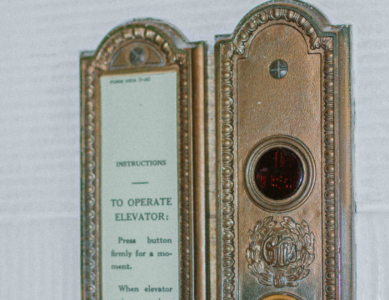el·e·va·tor pitch
noun informal
a succinct and persuasive sales pitch.
Origin
from the idea of having to impress a senior executive during a brief ride in an elevator.
The majority of elevator pitches I hear are horrible. They’re not all poorly written but each miserable in their own unique way.
To be fair, elevator pitches do not come naturally to me either, but I have spent a lot of time researching the components of successful elevator pitches. My review of what expert journalists and professional guides have to offer on this topic has helped me understand why so many elevator speeches are poorly written. Here’s a consolidated list of the advice I found:
Your Elevator Pitch Must…
- Be Concise and Powerful
- Tell a story that can be visualized
- Be Targeted and Goal oriented
- Contain a “hook”
- Tell about you
- Describe a problem
- Offer a solution
- Have a strong call to action
- Be Original and Authentic
- Use understandable terms
- Ask a question
- Be Interesting and Conversational
- Make a connection and leave the door open
While I’m sure your quick pitch statement should contain at least some of the elements in the compilated list above, I am even more sure that a perfectly crafted line will fall on deaf ears unless it is delivered with conviction. If YOU have a hard time buying into your elevator pitch, your listeners will too. If YOU aren’t passionate about what you are communicating, no one else be.
In summary, I will offer my non-expert marketing advice for writing and deliver an effective elevator pitch:
Write and speak what YOU truly believe to be wonderful and unique about YOUR offering.
Read More: Sharpening Your Vision – 10 Essential Questions to Craft a Powerful Vision Statement

